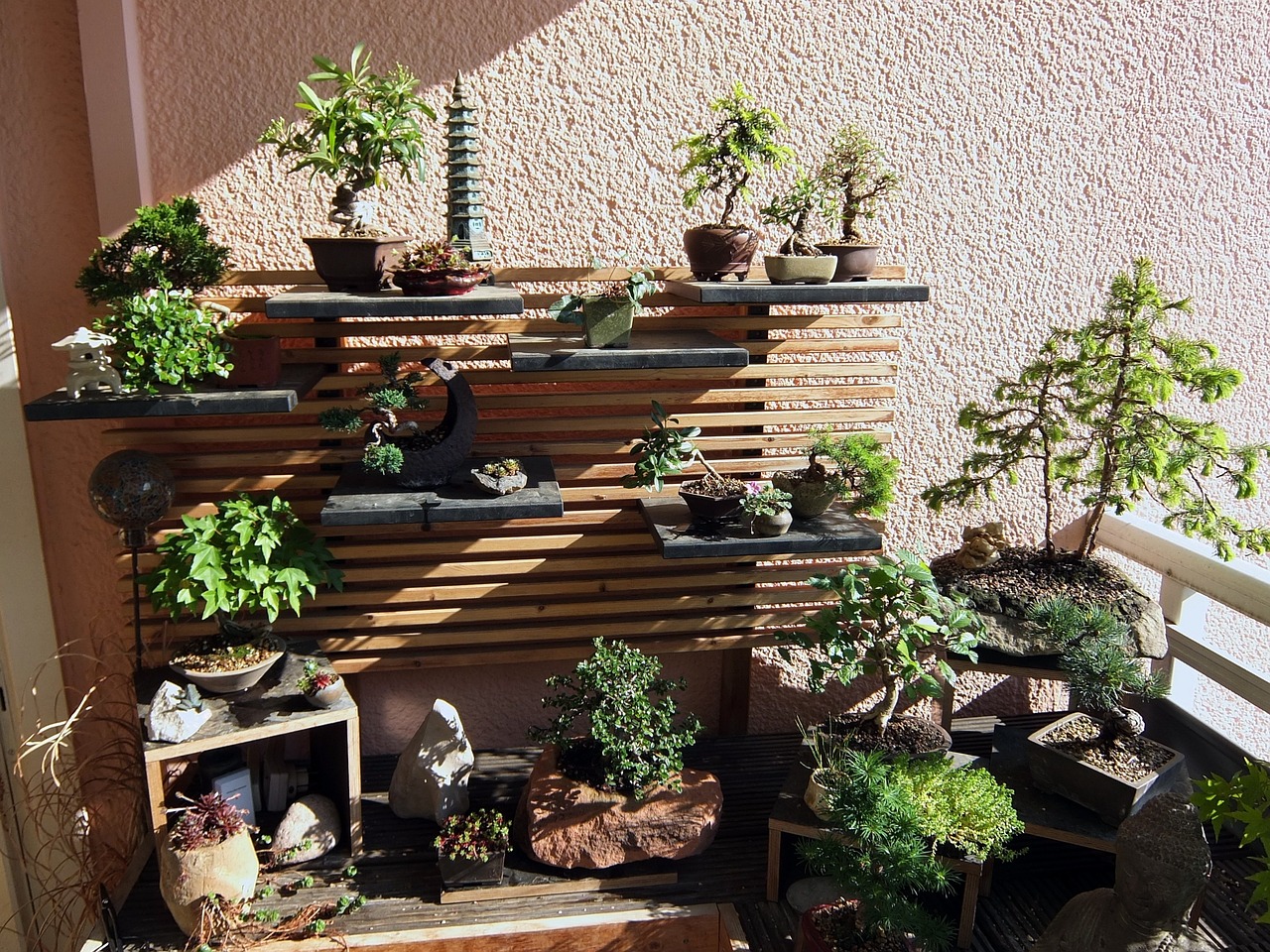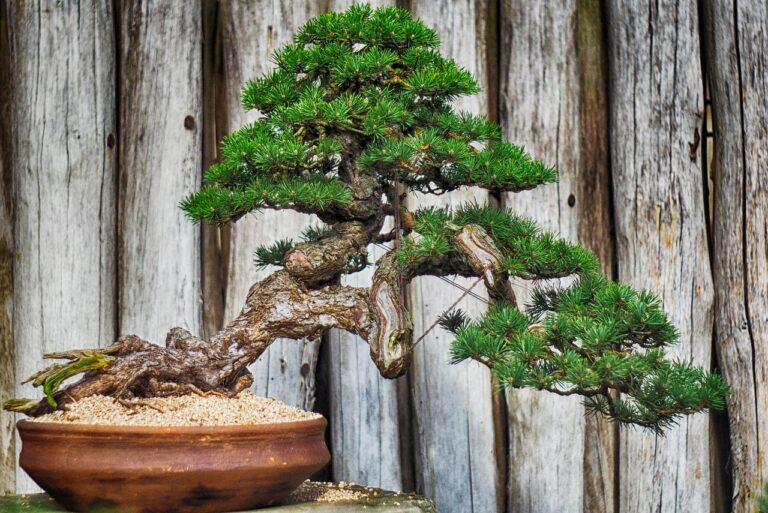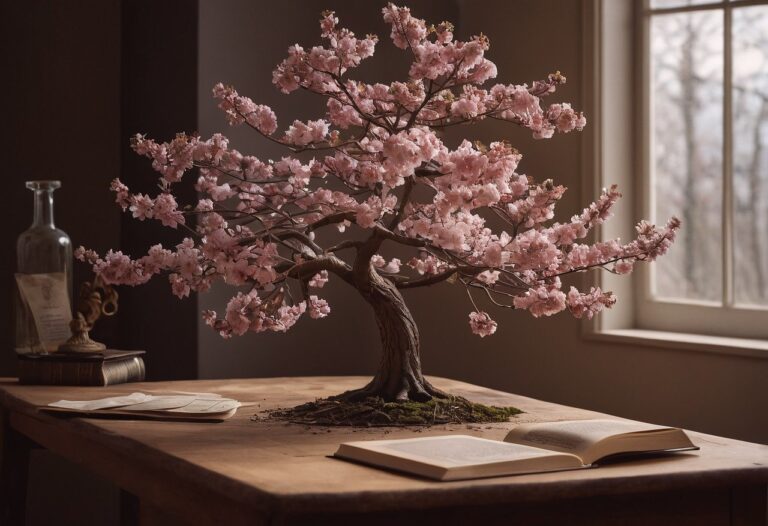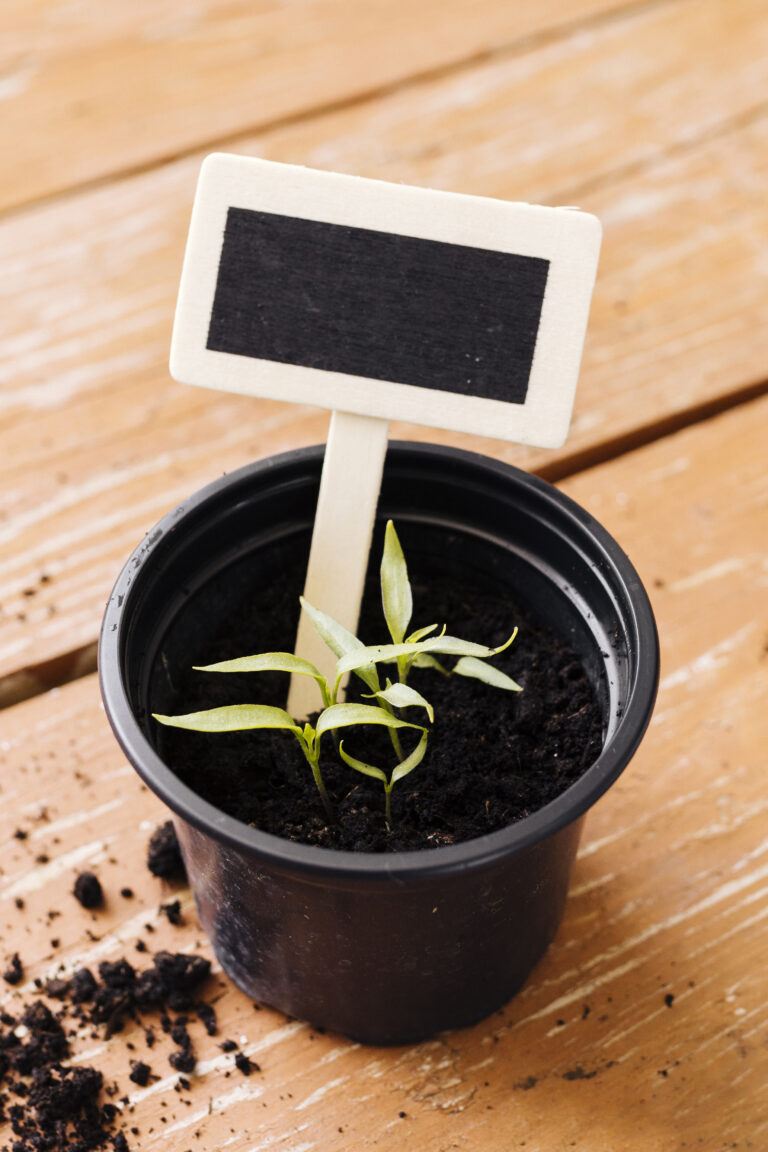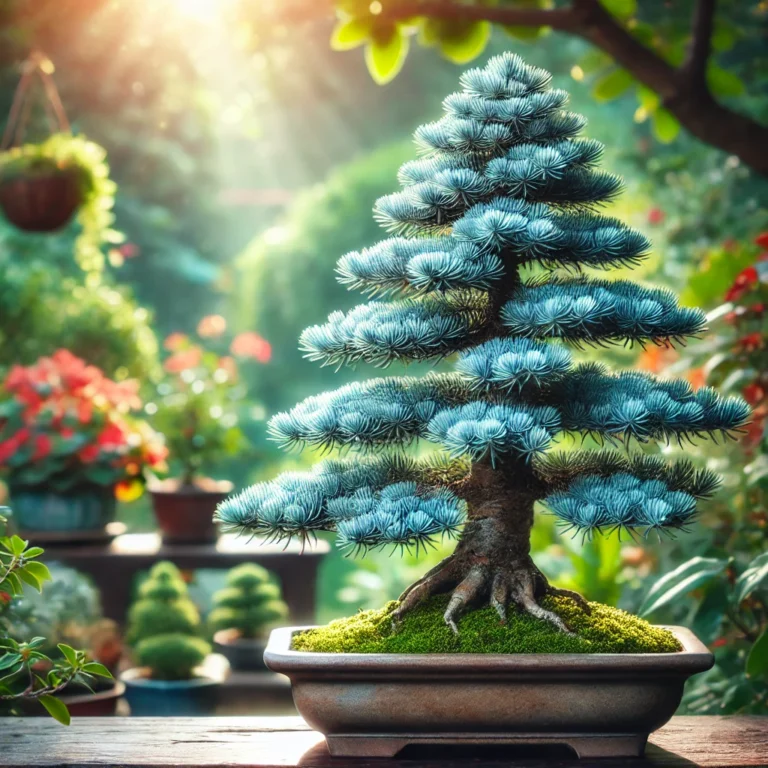7 Incredible Benefits of Bonsai Plant at Home
Bonsai, the art of growing miniature trees in containers, has been practiced for centuries and has evolved into a popular hobby and decorative element in homes worldwide. Beyond their aesthetic appeal, bonsai plants offer numerous benefits that can enhance your living space and well-being. This article delves into the 7 Incredible Benefits of Bonsai Plant at Home, from stress relief to improved air quality, providing a compelling case for why you should consider adding one to your home decor.
7 Incredible Benefits of Bonsai Plant at Home
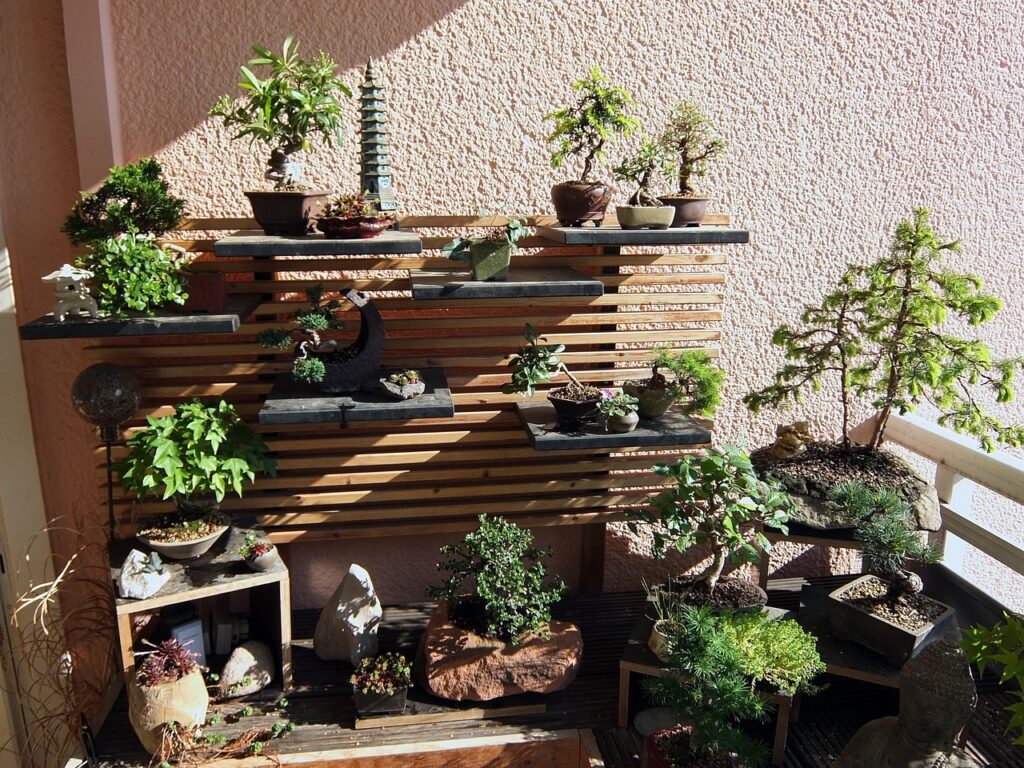
1. Stress Relief and Mental Well-being
One of the most significant benefits of bonsai plants at home is their ability to reduce stress and promote mental well-being. Tending to a bonsai tree requires patience, focus, and care, which can be incredibly therapeutic. Watering, pruning, and shaping the tree encourages mindfulness, helping you live in the present moment and alleviating anxiety.
- Calming Effect: Spending time with your bonsai plant can be a meditative experience. The calmness and tranquility associated with bonsai care can help lower stress levels and enhance overall mental health.
- Sense of Accomplishment: Successfully nurturing a bonsai tree can provide a sense of achievement and pride. Watching your bonsai grow and thrive under your care can boost self-esteem and bring satisfaction.
2. Aesthetic Appeal and Home Decoration
Bonsai plants are renowned for their beauty and elegance. They can serve as a stunning focal point in any room, adding a touch of nature and sophistication to your home decor.
- Versatile Decor Element: Bonsai trees come in various shapes, sizes, and species, making it easy to find one that complements your interior design style. Whether you prefer a minimalist look or a more traditional aesthetic, there’s a bonsai tree that can enhance your space.
- Artistic Expression: The art of bonsai allows for creative expression. Shaping and styling your bonsai tree is an artistic endeavor that can reflect your taste and creativity.
3. Improved Air Quality
Another compelling benefit of bonsai plants at home is their ability to improve indoor air quality. Like other houseplants, bonsai trees absorb carbon dioxide and release oxygen, contributing to a healthier living environment.
- Air Purification: Bonsai trees can help filter toxins from the air, such as formaldehyde and benzene, which are commonly found in household products. This can lead to cleaner, fresher air and a reduction in respiratory issues.
- Humidity Control: Bonsai trees can also help maintain indoor humidity levels. By releasing moisture into the air, they can prevent dryness and create a more comfortable living space.
4. Enhanced Concentration and Creativity
Having a bonsai plant at home can positively impact your cognitive functions, including concentration and creativity. The presence of greenery has been shown to improve focus and mental clarity, making it an excellent addition to workspaces or study areas.
- Boosted Concentration: The act of caring for a bonsai tree requires meticulous attention to detail, which can translate to improved concentration in other areas of your life. The serene presence of a bonsai plant can also create a conducive environment for focused work or study.
- Stimulated Creativity: The process of shaping and designing your bonsai tree can inspire creativity. The artistic aspect of bonsai cultivation encourages innovative thinking and problem-solving skills.
5. Connection to Nature
In today’s fast-paced urban lifestyle, it’s easy to feel disconnected from nature. Having a bonsai plant at home can bridge this gap, offering a small piece of nature that you can nurture and enjoy daily.
- Nature’s Presence: A bonsai tree brings the beauty and tranquility of nature indoors. This connection to the natural world can have a grounding effect, promoting peace and well-being.
- Educational Experience: Growing a bonsai tree can be a learning journey, teaching you about plant biology, horticulture, and the art of bonsai. It’s a rewarding experience that deepens your understanding and appreciation of nature.
6. Long-term Companionship
Bonsai trees, with proper care, can live for many years, often outliving their caretakers. This longevity makes them a unique and enduring addition to your home.
- Lifelong Hobby: Caring for a bonsai tree can become a lifelong hobby. The ongoing process of nurturing and shaping your bonsai provides a continuous source of enjoyment and fulfillment.
- Generational Gift: A well-cared-for bonsai tree can be passed down through generations, becoming a cherished family heirloom. This adds a sentimental value to the plant, creating lasting memories and a legacy.
7. Symbolism and Cultural Significance
Bonsai trees hold deep cultural and symbolic significance, particularly in Japanese and Chinese traditions. They are often associated with harmony, balance, and patience.
- Symbol of Patience and Persistence: The slow growth and meticulous care required for bonsai cultivation symbolize patience, persistence, and resilience. These qualities can inspire and remind you of the importance of these virtues in your own life.
- Cultural Appreciation: Embracing the art of bonsai can deepen your appreciation for different cultures and their traditions. It’s a way to connect with and honor the rich history and artistry of bonsai.
Practical Tips for Bonsai Care
To fully enjoy the benefits of bonsai plants at home, it’s essential to understand the basics of bonsai care. Here are some practical tips to help you get started:
- Choose the Right Species: Select a bonsai species that suit your climate and indoor environment. Some popular indoor bonsai species include Ficus, Jade, and Chinese Elm.
- Proper Watering: Bonsai trees require regular watering, but it’s crucial not to overwater them. The soil should be kept moist but not soggy.
- Adequate Light: Ensure your bonsai tree receives sufficient light. Place it near a window with indirect sunlight or use artificial grow lights if natural light is limited.
- Pruning and Shaping: Regular pruning is essential to maintain the shape and size of your bonsai tree. Use proper bonsai tools to trim branches and leaves carefully.
- Repotting: Bonsai trees must be repotted periodically to refresh the soil and provide adequate space for root growth. This is usually done every 2-3 years, depending on the species.
Conclusion
The benefits of bonsai plants at home extend far beyond their aesthetic appeal. From promoting mental well-being and enhancing air quality to boosting concentration and fostering a connection to nature, bonsai trees offer many advantages that can enrich your life and living space. Whether you’re a seasoned bonsai enthusiast or a beginner looking to explore this fascinating art, bringing a bonsai plant into your home can be a rewarding and fulfilling experience. Embrace the beauty and tranquility of bonsai, and discover the profound impact it can have on your daily life.

